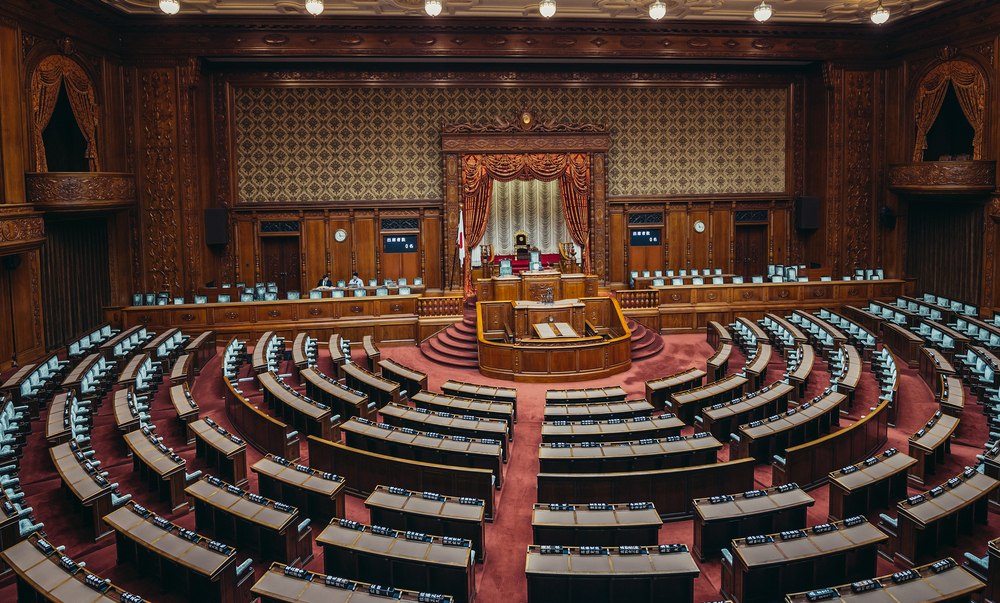
- ARAB NEWS
- 26 Apr 2024

TOKYO: With women still underrepresented in the Diet, Japan’s parliament, efforts by local assemblies and scholars to empower women in politics in the country have been bearing fruit gradually.
The city of Ono in the western prefecture of Hyogo has organized a series of events to nurture women’s political aspirations since the basic law for gender-equal society went into force in the country in 1999. The events included a mock assembly by women and a course to foster female leaders.
The Ono city assembly had no female members in 2007, but the number grew to three in 2011 and to four in 2015. In 2019, seven of its 16 seats were filled by women.
“There were three assemblywomen already, so I thought I could do it myself,” recalled Mami Hirata, a 36-year-old who was elected to the assembly for the first time in 2015.
The assembly has seen more questions related to pregnancy, giving birth, at-home medical care and school lunch menus than before due to the increase in the number of female members, according to its secretariat.
In terms of women’s representation in politics, Japan lags behind other nations, as shown in the rankings of the percentage of women in national parliaments, released by the Inter-Parliamentary Union. Japan ranks 163 of the 185 countries in the latest monthly rankings.
Women account for a record of over 30 pct of candidates running in an election on Sunday for the House of Councillors, the Diet’s upper chamber, but only 23.0 pct of all Upper House seats are currently occupied by women. The situation is even worse in the House of Representatives, the lower chamber, where only 9.9 pct of the seats are held by women.
“Nobody can do the job of assembly member from the beginning,” said Chizuko Kobayashi, 80, who won her seat in the Ono city assembly for the first time in 2011. In 2020, Kobayashi became the first woman to serve as speaker of the assembly.
“I want you to achieve results, study and make efforts,” Kobayashi said, encouraging female candidates seeking to win seats in the Diet.
Established in 2018 by Mari Miura, professor of political science at Sophia University in Tokyo, and others, the Academy for Gender Parity has been holding two-night training camps for aspiring female politicians, where they can learn how to make speeches and work out campaign strategies.
Participants also engage in group work under the scenario that they will run in an election from a specific constituency.
About 150 people have participated in the training camp so far, with eight of them getting elected to local assemblies by 2021 and five running in the Upper House election.
Yuriko Nishikawa, secretary-general of the organization, said many women say they will not run in elections because of family duties and child-rearing, as well as lacking confidence in themselves, whereas many men cite shortages of money and support.
“Men and women face different obstacles, so a different approach needs to be taken. It’s also part of our mission to encourage women to make a challenge with confidence,” Nishikawa said.
JIJI Press